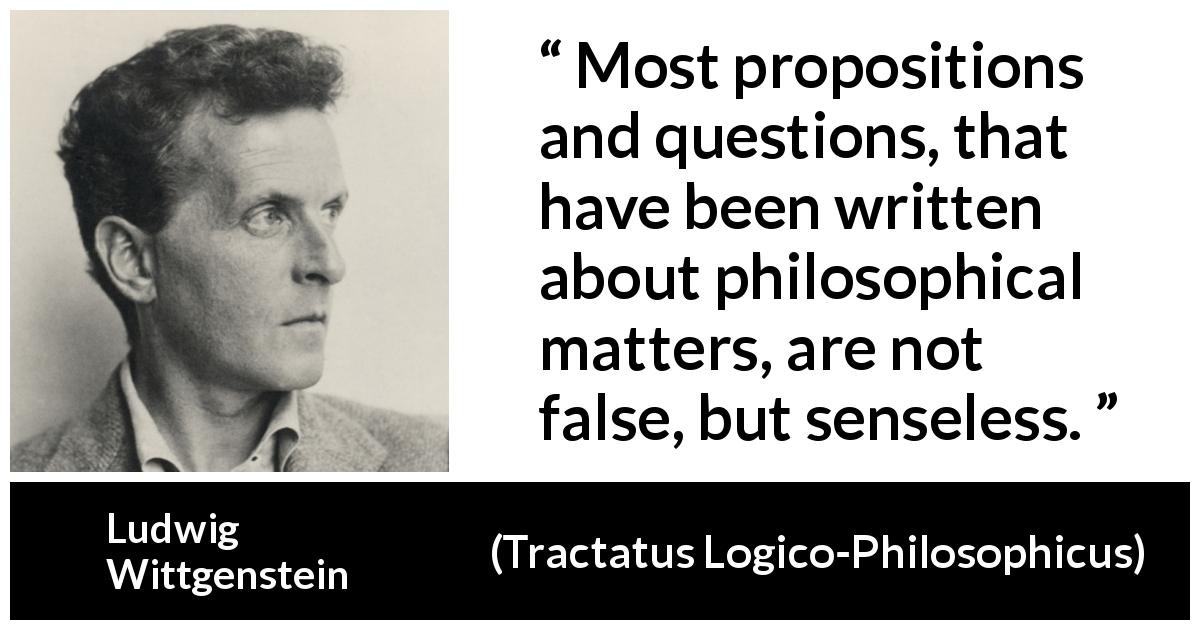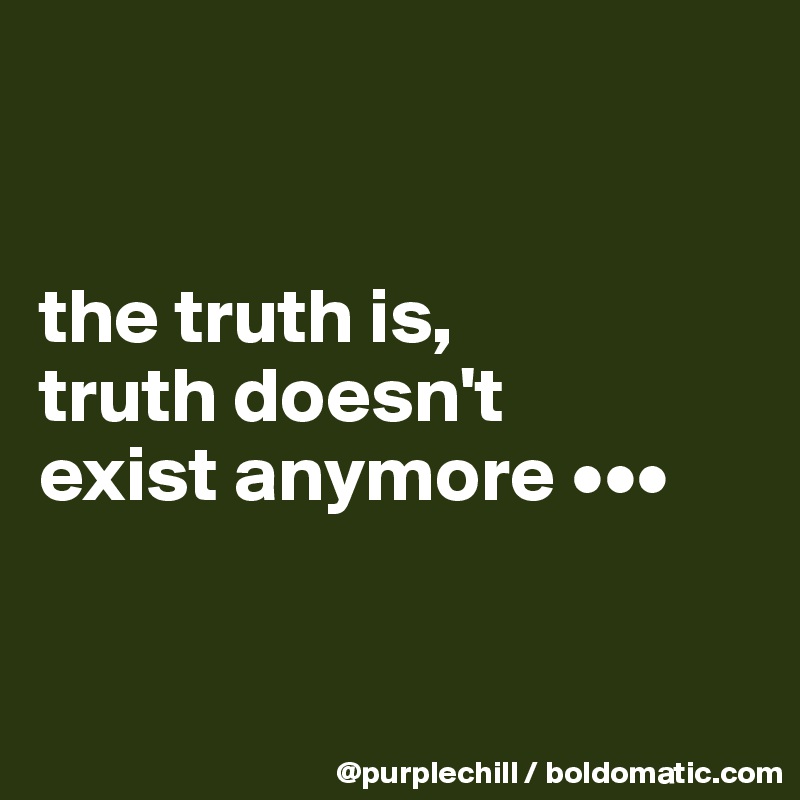This came up recently in a couple of other posts where I and a philosopher have been having a long, rambling discussion that’s had trouble sticking to a single point. That can be fun on occasion so I don’t mind a bit of meandering but one thing that I’ve noticed, and this isn’t meant to belittle my opponent, but they seem to be reacting in much the same way that I see with a lot of theists. “You just don’t understand!” Yet they seem incapable of just pointing out what I don’t understand, even though I’ve asked on several occasions, but more important than that, they don’t seem to be able to explain, in detail, *WHY* I’m supposedly wrong. Present your evidence and that doesn’t seem to be happening.
So I wanted to take a couple of minutes to talk about it, not in terms of that discussion, but about philosophy as a whole.
I want to make it very clear that this is not remotely an attack on my opponent there, that was just the starting point of a larger discussion and, as anyone who reads the blog knows, that happens a lot. I’m going off on a completely separate tangent, using a few select elements as a springboard.
That said though, I see a lot of philosophical discussions going, at least in my opinion, very wrong because a lot of people simply don’t understand or fail to communicate the supposed facts behind philosophical thought. Am I saying that all philosophy is worthless? No, absolutely not. It can help us to think more critically and rationally, to evaluate claims, etc. There is also a lot that it can’t do. As anyone who has followed some of my religious work, both here and on YouTube, you’ll know that philosophy is absolutely the wrong tool for the job that a lot of theists try to make it do. Every field has limited applicability. You can’t use science for everything, you can’t use philosophy for everything. The right tool needs to be used for the right job.

Unfortunately, it gets used, often very badly and uncritically, for things that philosophy simply isn’t useful for. We can go back to the early days, philosophy has had its detractors, often philosophers themselves. Take the case of Ludwig Wittgenstein, who, in his books Tractatus Logico-Philosophicus and Philosophical Investigations, he made the case that philosophy, in general terms, is pretty useless. Wittgenstein argues that in many instances, philosophy attempts to debate the undebatable and talk about things that are simply impossible to speak about coherently. Because these things have no demonstrable meaning, Wittgenstein argues, many philosophical propositions are simply pointless. It is arguing the sound of one hand clapping. It gets you nowhere useful.
Yet many philosophers seem to enjoy investigating the patently useless. They are, often, people that I think just enjoy hearing themselves speak. They’re not doing anything of value for anyone. I think that a decent percentage of them, because they want to feel special, because they want to feel important, they put on airs and pretend that their work means more than it does. In Wittgenstein’s parlance, it would mean absolutely nothing.
 This is something that I’ve pointed out many times, especially when it comes to things like meta-ethics. It is an attempt to demonstrate how man should behave without actually understanding that it all comes down to little more than personal opinion. This is why I’m still not impressed by moral realism, because they don’t seem to have anything beyond “I think this”. It’s great that you think a thing, that doesn’t make that thing true. You have to provide evidence for that and the moral philosophers simply have none of that.
This is something that I’ve pointed out many times, especially when it comes to things like meta-ethics. It is an attempt to demonstrate how man should behave without actually understanding that it all comes down to little more than personal opinion. This is why I’m still not impressed by moral realism, because they don’t seem to have anything beyond “I think this”. It’s great that you think a thing, that doesn’t make that thing true. You have to provide evidence for that and the moral philosophers simply have none of that.
I’ve engaged with a lot of philosophers over the last couple of weeks and they seem to have problems coming to grip with the issues. A thing isn’t true because philosophers say it’s true, any more than a thing is true because scientists say it is. The philosopher and the scientist don’t matter. It’s the demonstrable facts that do. The scientist is only valuable insofar as they are speaking objective fact. It’s the facts that matter, the scientist only becomes valuable to put those facts in context. The same is true of the philosopher. Just because you can string a bunch of words together, that doesn’t mean the concept is valuable. It just means you like to flap your lips. If it isn’t based on something coherent and real, then you’ve just wasted everyone’s time.

Philosophy like that, as practiced by a lot of people, is a waste of time. There are tons of people who want to feel important though and that’s where philosophy and religion start to look a lot alike. I don’t care what the religious say either. I care what they can demonstrate to be true in objective reality. I care what they can show to be reasonable and defensible. That seems to be a problem for a lot of these people. Sad, isn’t it?
Instead, it’s true because person X said it was true. It’s true because a lot of people all think that it’s true. Yet we should recognize the problem with appeals to authority and popularity, those are logical fallacies for a reason, yet for both religion and philosophy, they seem to be far too common.